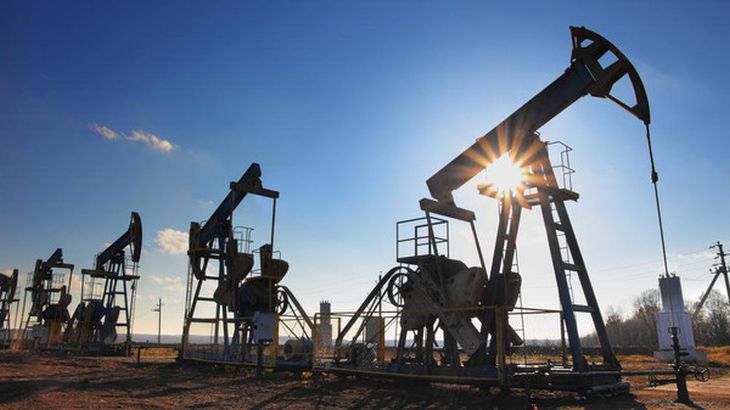For more than five years, the International Monetary Fund (IMF) urges Romania, through the arrangements made for financial stability, to reform and liberalize important sectors of the economy, such as energy. The collaboration was expanded in talks with the IMF, and with other international institutions such as the EU and the World Bank, in the field of taxation of petroleum activities.
Any exam given by the Government from time to time before the IMF is first given daily by the Government before its nation, said the economic journalist and Secretary General of ROPEPCA oil association, Daniel Apostol, at Daily Income show.
Referring in particular to the development of hydrocarbons domain in the current market conditions, Daniel Apostol said: “In a year in which the oil industry is affected by the reduction of oil prices by a third of what it was in 2014, specialized companies see their income falls brutally, which puts them before a difficult decision: to continue or not to continue with some of their investment projects. This industry plans investments that have a long life. The stability of these projects depends on the stability of the fiscal regime on long cycles.”
States and businesses are in a position to see that the amount of money on which to base decisions shrinks. It is essential that the parties find solutions with advantages for everyone, argued Daniel Apostol.
“There were meetings between NAMR, Ministry of Finance, the IMF and the industry of oil and gas to impose a tax scheme with benefits for both sides: the state to have safe, permanent gains, due to maintained economic activity of the hydrocarbon sector, and the oilmen to benefit from a tax regime that can ensure survival”, said Daniel Apostol.
Referring to a study made by Deloitte that showed an increase of the difference between fees and taxes levied on oil sector in Romania and the European average, Daniel Apostol concluded: “The level of royalties and of taxation in general should take into account all field data and the market context. Research was carried to show that the overall fiscal regime in Romanian oil industry is above the European average. Now there is a discussion if is necessary an additional tax on profit. I argue that we need to follow what other European countries do, countries that ordered a fiscal relaxation to allow this industry to live.”
In Romania, the effective tax rate on upstream activity increased from 13.9% to 15% at the end of 2014, and to 15.7% in June 30, 2015.
